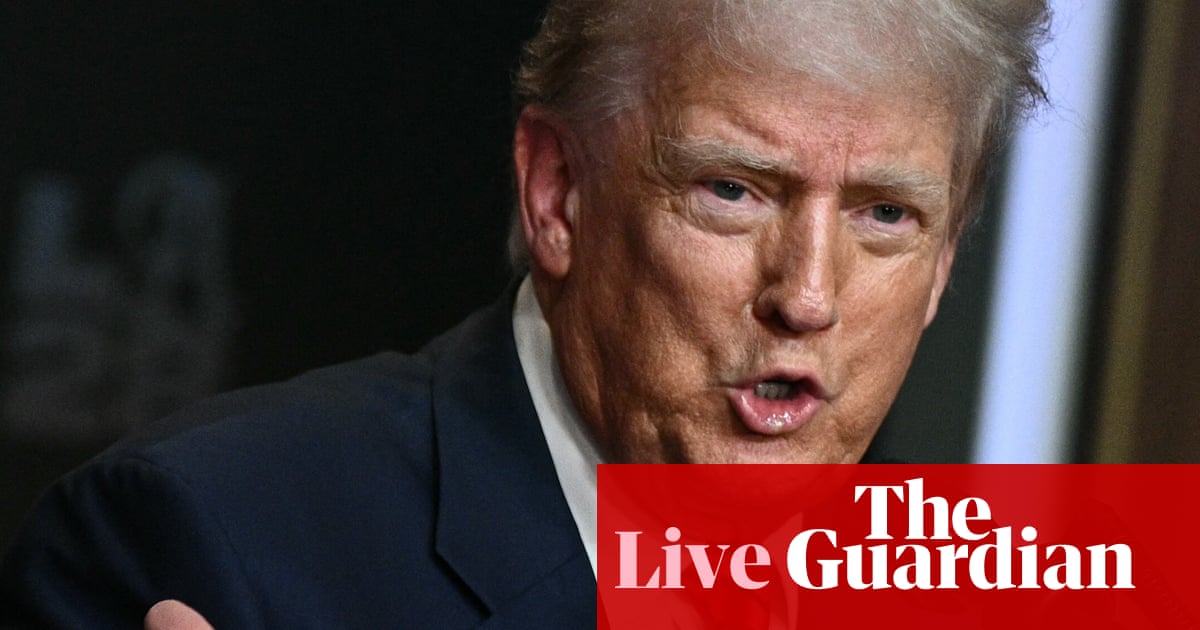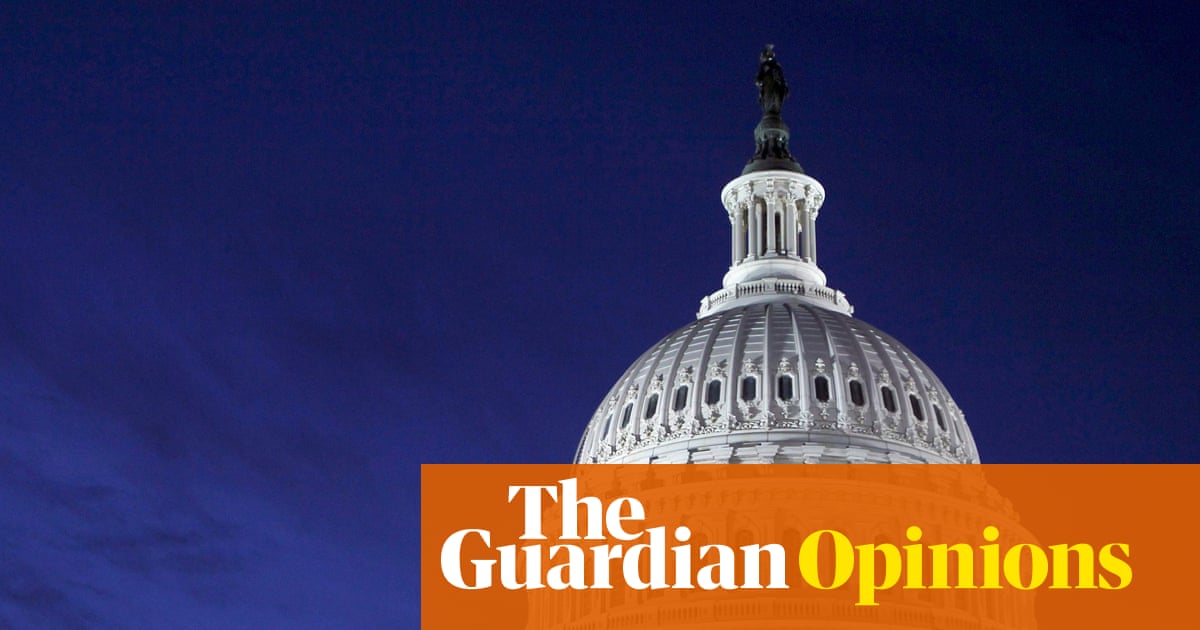In a moment when we should be celebrating one of the most important pieces of legislation in American history, we are in fact at a worse place as a nation than when it was passed. Those of us fighting to protect the right to vote find ourselves against a movement that doesn’t want to take us back to 1965. They want to create an America that more closely resembles the one of 1865.
Sixty years ago, in a rare and profound act of consensus, Congress passed a law to end the centuries-old rigging of American democracy. Yet today the system is as rigged as ever, with the battered Voting Rights Act on life support.
The erosion of our rights is playing out before our eyes. Purged voting rolls have helped to install a regime that arrests undocumented people and American citizens alike. A loss of faith in the system led many people to stay at home on election day; now they live in fear of walking outside their door. Empowering states to create restrictive laws has yielded less access to not only the right to vote, but to healthcare, jobs and home ownership.
At the center of this is Donald Trump – a man whose legacy as president is marked by rampant voter disenfranchisement. This is a man whose claim to fame is fame itself, who views voting as nothing more than a popularity contest that he’s terrified to lose. It’s why he questioned the integrity of our democratic network in 2020 instead of graciously accepting that 7 million more Americans preferred Joe Biden over him.
Trump’s campaign against voting rights marches on, as he fills the courts with judges who will continue to kill civil rights through a thousand cuts. Barriers to voting and the silence of those still able to cast ballots has emboldened and empowered him to bully media conglomerates into complacency and corporations into abandoning diversity, equity and inclusion efforts. Free of fear from the voters, Trump has gone full bore in desecrating the legacy of the civil rights movement – going so far as to use government files on Dr Martin Luther King Jr to distract from his own political headaches.
But we cannot in this moment forget the power King saw in the right to vote. In his 1957 Give Us the Ballot speech at the Lincoln Memorial, King declared to 25,000 people that with the vote: “We will no longer have to worry the federal government about our basic rights.”
Yet today that fear persists, perhaps stronger than ever. We have indeed come full circle from March 1965, when the nation was rattled by the images of a young John Lewis and dozens of peaceful protesters getting their heads cracked open and their organs bruised on the Edmund Pettus Bridge. The national outrage of Bloody Sunday that sparked mobilization toward passage of the Voting Rights Act has been replaced by a numbness to Immigration and Customs Enforcement raids, the arrests of elected officials and the snipping of social safety nets.
The solution to it all remains the right to vote. A week after the brutal beatings in Selma, King declared voting “Civil Right No. 1” in the New York Times. He called it the “foundation stone for political action”, one we must build upon today. Within five months, Congress bravely voted to end racist literacy tests, enable federal examiners to protect voter registration, and fight the ugliest forms of voter suppression.
America was stronger for a generation, until the election of her first Black president sparked a conservative backlash that is today at its peak. The opening salvo came in 2013, when the supreme court gutted the law’s core federal pre-clearance provisions in Shelby county v Holder. It chipped away more eight years later, giving states further authority to enforce stricter voter ID laws, purge voter rolls, and reverse early and absentee programs meant to expand access to the polls. In short, Shelby v Holder opened the door for a manicured version of Jim Crow.
It is for these reasons that we will lead a March on Wall Street later this month. The 28 August demonstration, held on the anniversary of the March on Washington, will send a message to Trump and his Maga allies in Congress. You may restrict our ability to vote in the president, the senators and the Congress members we support. But you cannot restrict how we vote with our dollars. Black voters have a skyrocketing buying power expected to hit $1.7tn by 2030. We must use it to make sure those we support stand by us.
Until we get to a day when the integrity of voting is restored, when we can finally pass the John R Lewis Voting Rights Advancement Act, we will use the power we have. Trump may use the bully pulpit of the White House to influence companies’ investments in Black America, but we have the ability to hit their bottom line.
Celebrating this anniversary of the Voting Rights Act means honoring the sacrifices of those who shed their blood and laid down their lives for our most fundamental freedom and recommitting ourselves to the struggle by tapping into the unwavering hope and persistence that fueled the civil rights movement. To settle for anything less would be unconditional surrender to the segregationists against whom King, congressman Lewis, Fannie Lou Hamer and the other great civil rights leaders stood.
-
Rev Al Sharpton is an American Baptist minister, civil rights activist and radio talkshow host

 German (DE)
German (DE)  English (US)
English (US)  Spanish (ES)
Spanish (ES)  French (FR)
French (FR)  Hindi (IN)
Hindi (IN)  Italian (IT)
Italian (IT)  Russian (RU)
Russian (RU)  4 hours ago
4 hours ago
























Comments